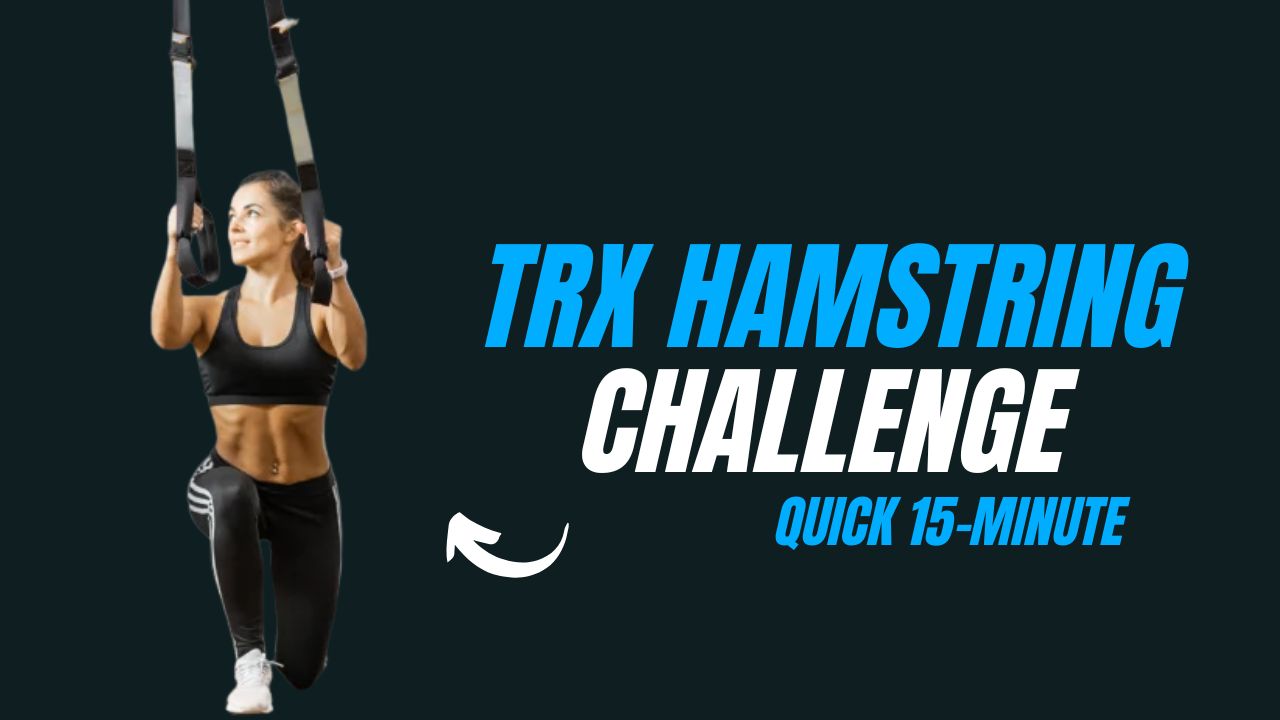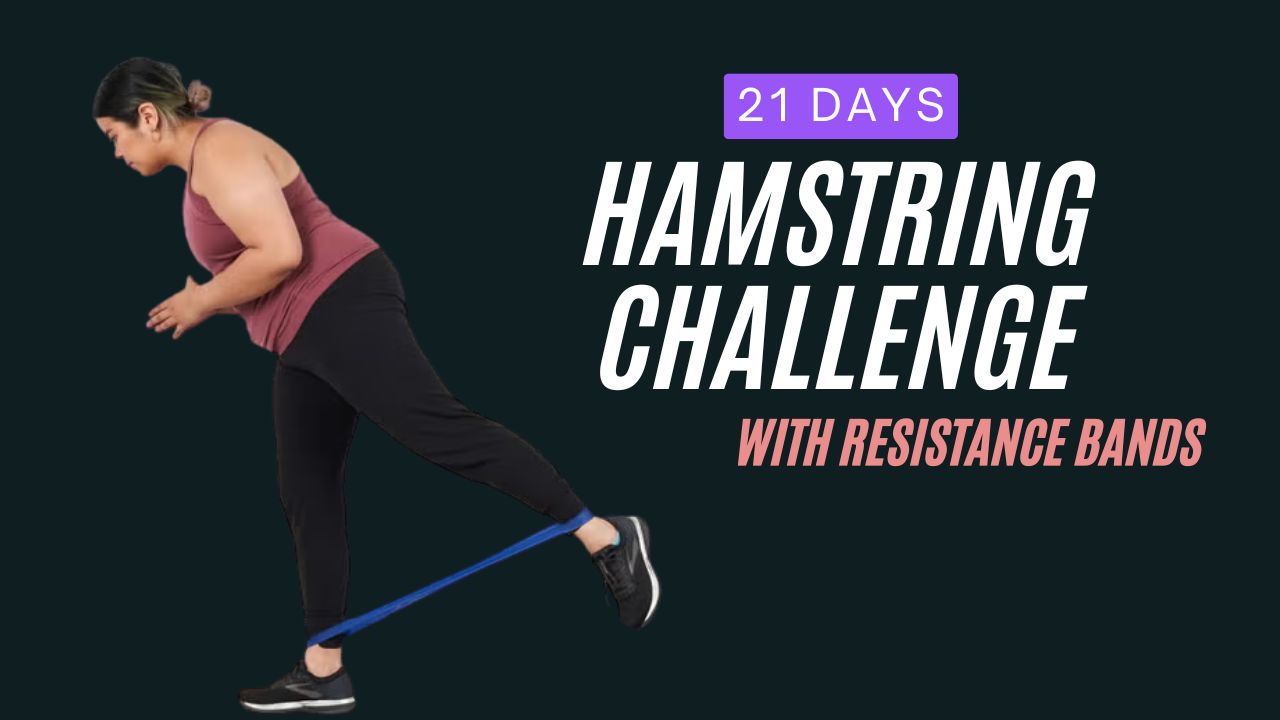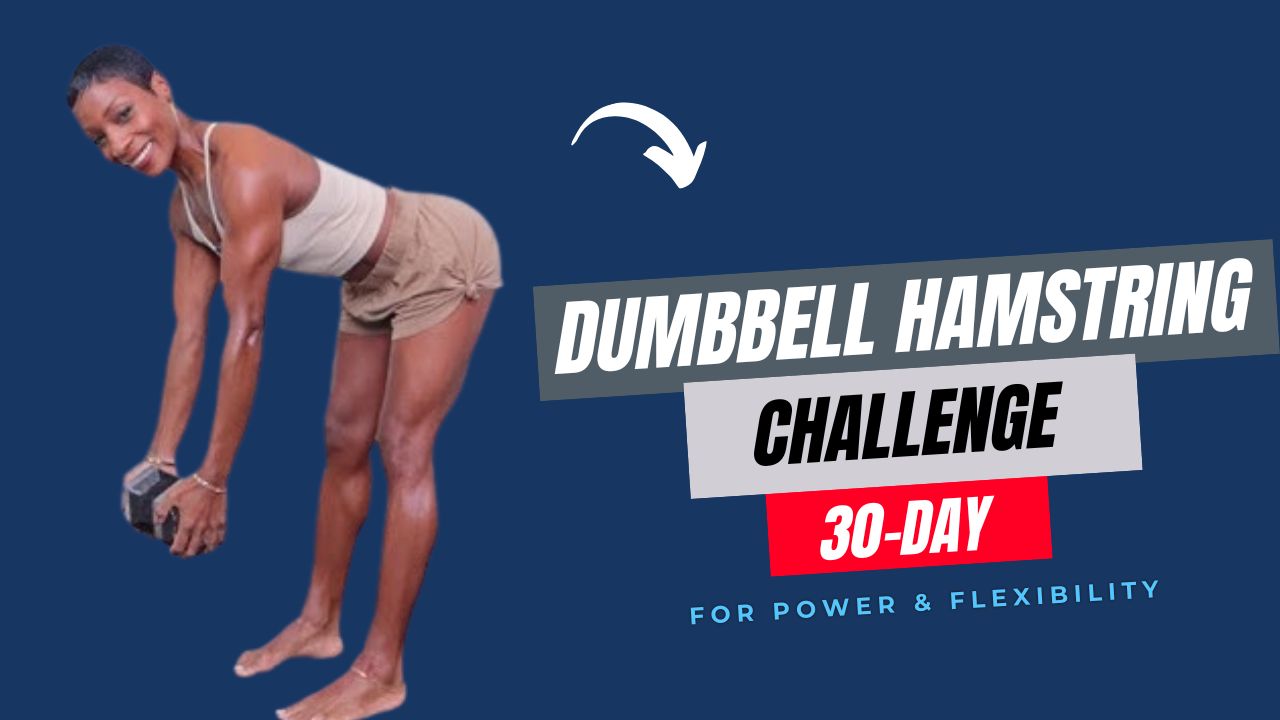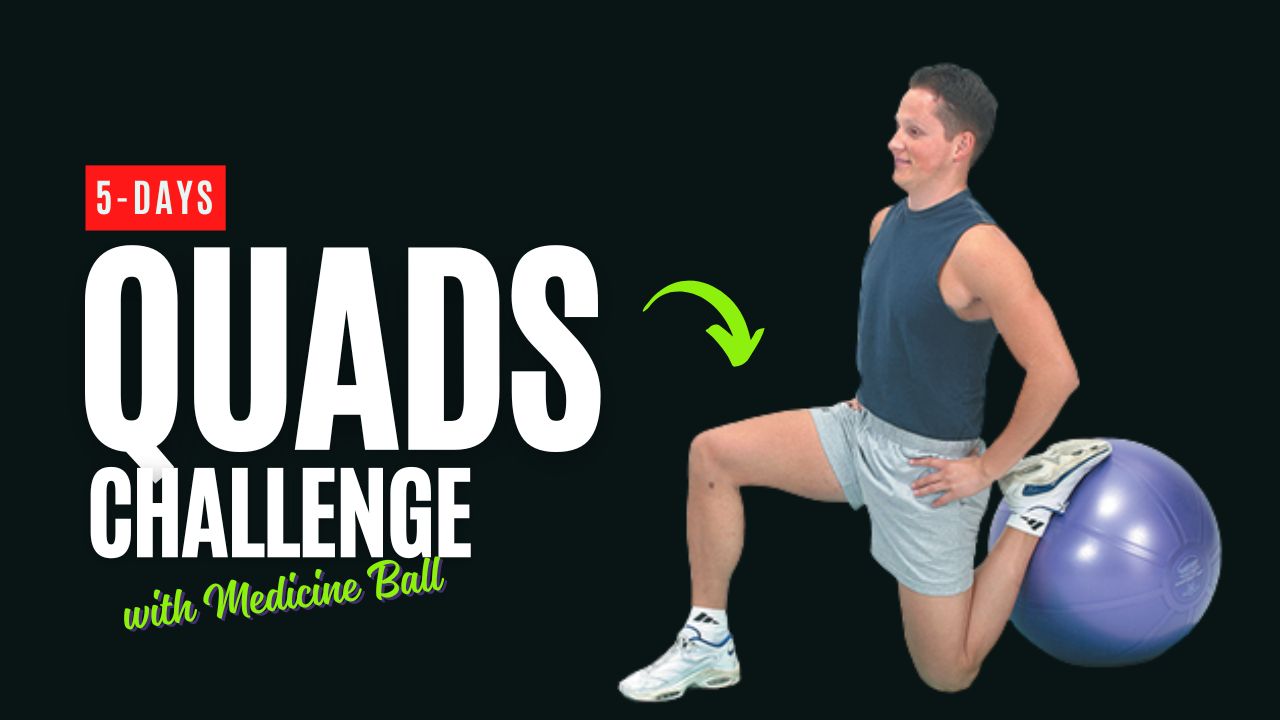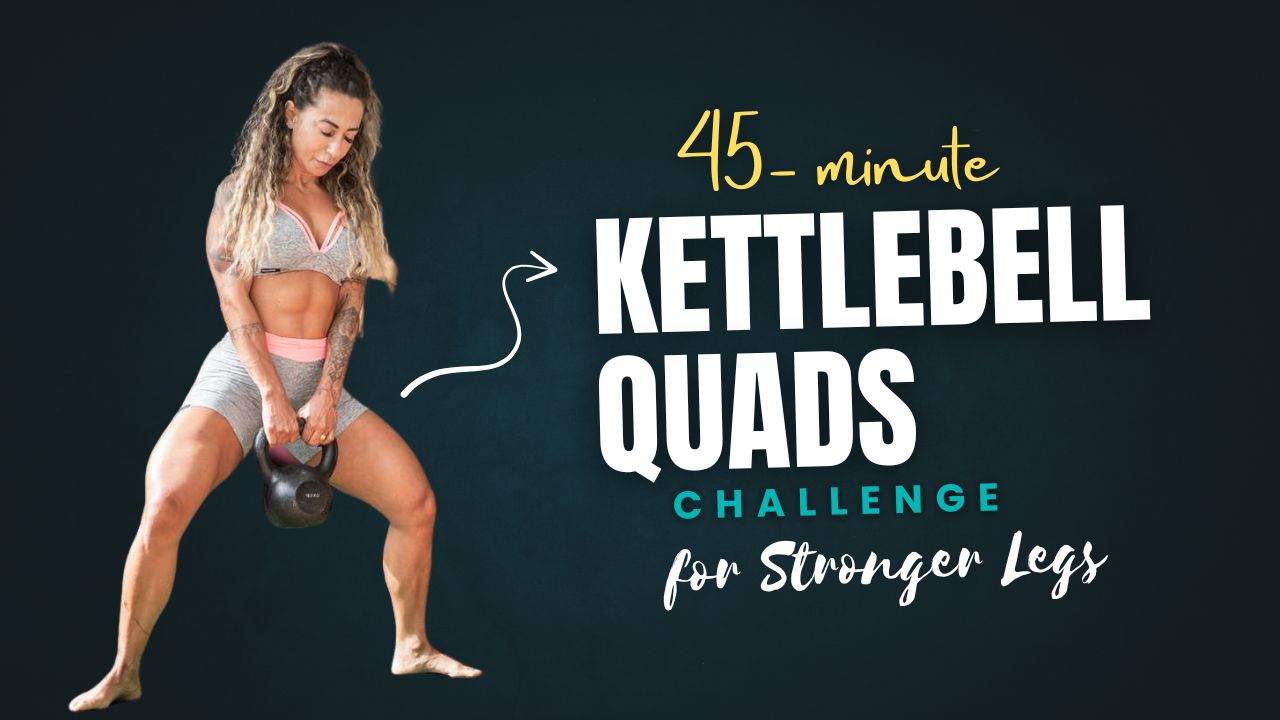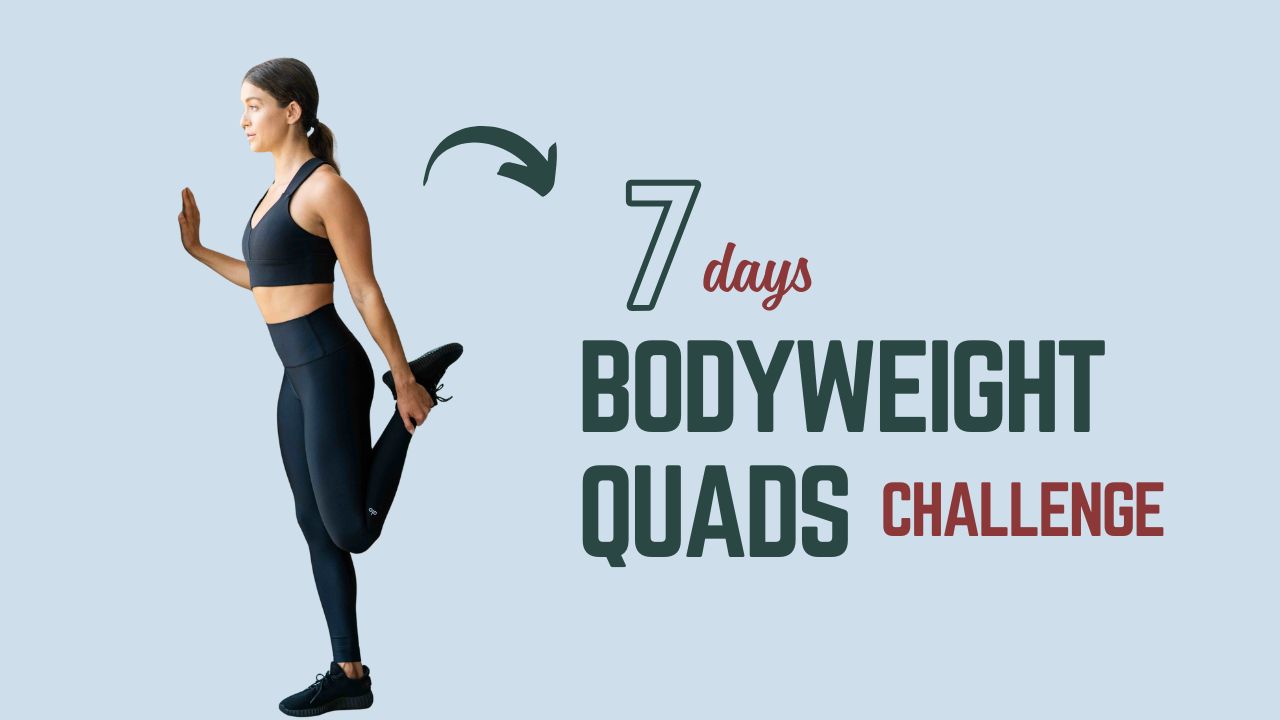Are you ready to transform your lower body in just 15 minutes a day? Many people think hamstring workouts require hours in the gym, heavy weights, or complex machines.
But what if we told you that a simple TRX suspension trainer could help you sculpt, strengthen, and tone your hamstrings—and you could complete it in the time it takes to watch a TV show episode?
TRX, or Total Resistance Exercises, leverages your body weight to build functional strength, improve stability, and enhance muscle definition.
The hamstrings, a crucial group of muscles at the back of your thighs, are often neglected. Strengthening them not only gives your legs a toned look but also reduces the risk of injury, improves posture, and boosts athletic performance.
Do you know? The hamstrings are responsible for nearly all lower-body explosive movements, from sprinting to jumping. Neglecting them can lead to imbalances, lower back pain, and poor running mechanics.
This guide will walk you through a quick, 15-minute TRX hamstring challenge, with step-by-step instructions, tips, and a structured routine to maximize results. Let’s dive in.
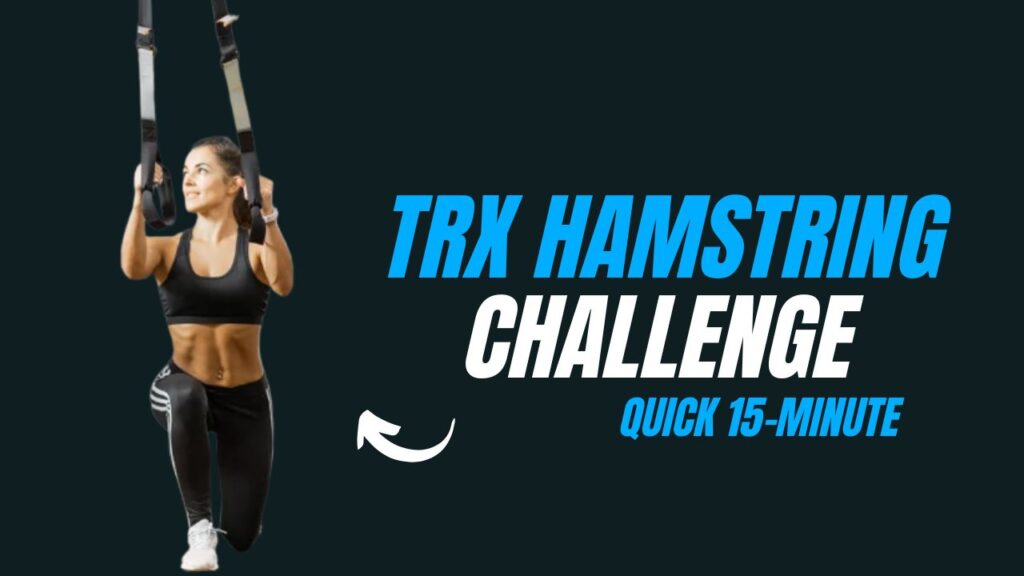
Table of Contents
What Can Happen After 30 Days of the 15-Minute TRX Hamstring Challenge
| Outcome | Details |
|---|---|
| Improved Hamstring Strength | Noticeable increase in hamstring power and ability to perform lower-body movements with ease |
| Enhanced Muscle Tone | Hamstrings and glutes appear more defined and sculpted |
| Better Core Stability | Core muscles get engaged in each exercise, improving overall stability and balance |
| Reduced Risk of Injury | Stronger hamstrings support knees and lower back, lowering injury risk during sports or daily activities |
| Increased Flexibility | Hamstrings and posterior chain become more flexible, reducing stiffness |
| Improved Posture | Strengthening hamstrings and glutes contributes to better spinal alignment and posture |
| Enhanced Athletic Performance | Better sprinting, jumping, and lower-body endurance due to stronger hamstrings |
| Higher Calorie Burn | Short, high-intensity TRX sessions elevate heart rate, aiding in fat loss and conditioning |
| Greater Mind-Muscle Connection | Improved awareness of muscle engagement during lower-body exercises |
| Motivation for Continued Fitness | Achieving visible and performance results boosts confidence to continue training |
Do’s & Don’ts for TRX Hamstring Workouts
| Do’s | Don’ts |
|---|---|
| Keep your core engaged throughout all exercises | Don’t let your hips sag during curls or bridges |
| Maintain controlled, steady movements | Avoid rushing through reps |
| Focus on proper form over speed or quantity | Don’t overextend your knees or lower back |
| Warm up before starting the challenge | Skip warm-up exercises |
| Use single-leg variations to correct imbalances | Don’t ignore muscle imbalances |
| Progress gradually by increasing sets or intensity | Avoid jumping to advanced variations too soon |
| Rest 30–60 seconds between sets if needed | Don’t neglect recovery between sessions |
| Breathe steadily and rhythmically | Don’t hold your breath during exercises |
| Check strap stability before each session | Don’t use worn or unstable TRX straps |
| Listen to your body and adjust reps if needed | Don’t push through sharp pain or discomfort |
Exercise For TRX Hamstring Challenges
1. TRX Hamstring Curl
Description: The TRX Hamstring Curl is a foundational exercise for targeting the hamstrings. Unlike traditional leg curls, the TRX version engages your core and glutes simultaneously, making it a full lower-body workout.
How-to:
- Adjust your TRX straps so your heels can fit into the foot cradles while lying on your back.
- Lie flat on your back, arms by your sides for support, and place your heels in the TRX foot cradles.
- Lift your hips off the ground into a bridge position. Your body should form a straight line from shoulders to knees.
- Slowly bend your knees, bringing your heels toward your glutes while keeping hips lifted.
- Extend your legs back to the starting position without lowering your hips.
- Repeat for 12–15 reps.
Pro Tip: Keep your core tight and avoid arching your lower back. This ensures maximum hamstring engagement.
Interesting Fact: Hamstrings consist of three muscles—the semitendinosus, semimembranosus, and biceps femoris—that work together for knee flexion and hip extension. Strengthening all three improves running efficiency.
2. TRX Single-Leg Hamstring Curl
Description: This variation isolates each hamstring individually, helping correct muscle imbalances and improving stability.
How-to:
- Begin in the same position as the standard TRX Hamstring Curl, but lift one leg off the TRX strap.
- Keep your lifted leg straight and engage your core.
- Bend the knee of the leg in the strap to bring your heel toward your glutes.
- Slowly straighten the leg back to the starting position, maintaining hip elevation.
- Perform 10–12 reps on each leg.
Tip: Focus on controlled movements. Speed reduces effectiveness and can cause strain.
Myth Busted: Many think single-leg exercises are easier, but they are more challenging because they require balance, coordination, and core stabilization.
3. TRX Hip Bridge Walkouts
Description: This exercise targets hamstrings and glutes simultaneously, with added emphasis on core stability.
How-to:
- Start in the TRX Hamstring Curl bridge position.
- Slowly walk your feet out, straightening your legs while keeping hips elevated.
- Hold briefly, then walk feet back toward your glutes.
- Repeat 10–12 reps.
Tip: Keep your shoulders anchored to the floor and avoid letting your hips sag to maintain tension in the hamstrings.
Interesting Fact: Walking out increases time under tension, which is essential for hypertrophy (muscle growth).
4. TRX Single-Leg Hip Bridge
Description: This exercise combines unilateral hamstring work with glute activation for maximum lower-body sculpting.
How-to:
- Lie on your back with one heel in the TRX strap.
- Lift your hips into a bridge position.
- Extend the free leg straight while keeping your hips elevated.
- Bend the TRX-supported leg to lower hips slightly without touching the ground.
- Repeat 10–12 reps per leg.
Tip: Focus on squeezing your glutes and hamstrings at the top of the movement.
Do You Know? A strong unilateral bridge improves balance and reduces risk of knee and lower back injuries.
5. TRX Hamstring Scoop
Description: The Hamstring Scoop challenges your hamstrings through a scooping motion, enhancing muscle activation and functional strength.
How-to:
- Lie on your back with heels in the TRX cradles and hips lifted.
- Curl your heels toward your glutes, then move them diagonally out to one side.
- Return to the center and extend legs back.
- Perform 10 reps, alternating sides.
Tip: Keep movements controlled—avoid jerky motions to prevent hamstring strain.
Fact: This exercise mimics dynamic movements like sprinting and lunging, making it functional for sports performance.
6. TRX Hamstring Slide
Description: Using TRX straps for sliding motions increases tension through the hamstrings while challenging the stabilizing muscles.
How-to:
- Lie on your back with heels in the TRX foot cradles.
- Push hips up into a bridge and slowly slide your heels out until legs are almost straight.
- Pull heels back toward your glutes.
- Repeat 12–15 reps.
Tip: Avoid letting your hips drop. Keeping them elevated ensures continuous hamstring engagement.
7. TRX Standing Hamstring Curl
Description: A standing variation that engages hamstrings dynamically while incorporating balance and coordination.
How-to:
- Stand facing the TRX with one foot in the strap.
- Slightly hinge forward from the hips, keeping your back straight.
- Curl the suspended leg toward your glutes, squeezing hamstrings.
- Slowly lower the leg back to the starting position.
- Perform 10–12 reps per leg.
Tip: Keep a slight bend in the standing leg to stabilize your body.
Interesting Fact: Standing hamstring exercises mimic functional daily activities like climbing stairs and picking up objects.
15-Minute TRX Hamstring Challenge Routine
This challenge combines the above exercises into a structured, time-efficient routine to maximize toning, strengthening, and stability.
| Exercise Name | Reps | Sets | Rest Between Sets |
|---|---|---|---|
| TRX Hamstring Curl | 12–15 | 2 | 30 sec |
| TRX Single-Leg Hamstring Curl | 10–12/leg | 2 | 30 sec |
| TRX Hip Bridge Walkouts | 10–12 | 2 | 30 sec |
| TRX Single-Leg Hip Bridge | 10–12/leg | 2 | 30 sec |
| TRX Hamstring Scoop | 10/side | 2 | 30 sec |
| TRX Hamstring Slide | 12–15 | 2 | 30 sec |
| TRX Standing Hamstring Curl | 10–12/leg | 2 | 30 sec |
Challenge Tip: Move from one exercise to the next with minimal rest. This keeps heart rate elevated and adds a cardio component to the routine, helping burn calories while toning muscles.
Do You Know? A 15-minute high-intensity TRX session can activate as many muscle fibers as a traditional 45-minute weightlifting session, making it perfect for those short on time.
Conclusion & Challenge Continuation
Consistency is the secret to transforming your hamstrings, glutes, and overall lower-body strength. By committing just 15 minutes a day to this TRX hamstring challenge, you can build muscle tone, improve flexibility, and enhance your athletic performance—all without needing heavy equipment.
Challenge Continuation Idea: Once you feel comfortable completing the initial 15-minute routine, take your challenge to the next level.
Gradually increase the number of sets from 2 to 3, slow down the lowering phase of each movement to increase time under tension, or combine this hamstring-focused session with complementary lower-body exercises such as TRX squats, lunges, or glute bridges.
You can also alternate days: dedicate one day to hamstrings, another to quads and glutes, and add core-focused TRX movements to create a well-rounded weekly program.
This approach not only keeps the workouts challenging but also ensures continuous muscle growth and improved performance over time.
By progressively adjusting intensity and variety, the 15-minute TRX challenge evolves from a quick daily routine into a sustainable, full lower-body conditioning program—keeping you engaged, motivated, and results-driven.
Frequently Asked Questions (FAQs)
How often should I do this 15-minute TRX hamstring challenge?
It’s recommended to perform the challenge 3–4 times per week. This allows your muscles to recover while maintaining consistent progress.
Do I need prior experience with TRX to try this workout?
No, beginners can start with this routine. Focus on mastering proper form and controlled movements before increasing intensity or sets.
Can I do this workout at home without a TRX?
TRX straps are essential for these specific exercises, but similar bodyweight exercises like glute bridges, hamstring curls with a towel, or single-leg hip lifts can be done without TRX.
How long will it take to see results?
With consistent effort and proper nutrition, noticeable improvements in muscle tone and strength can be seen in 4–6 weeks.
Can this challenge help with injury prevention?
Yes, strengthening your hamstrings improves knee stability, reduces lower back strain, and balances your posterior chain, which helps prevent injuries during sports or daily activities.
Should I combine this challenge with cardio or other strength training?
Combining this challenge with light cardio or a full-body strength routine can accelerate fat loss, improve cardiovascular health, and enhance overall fitness.
What if I feel discomfort in my lower back during these exercises?
Discomfort may indicate incorrect form. Ensure your hips stay elevated during TRX curls and bridges, and avoid arching your back. If discomfort persists, reduce intensity or consult a fitness professional.
Is this workout suitable for older adults?
Yes, as long as there are no existing injuries or medical concerns. Older adults should focus on controlled movements and may reduce reps or sets as needed.
Do I need any additional equipment besides the TRX straps?
No additional equipment is necessary. A mat can provide comfort, but the TRX straps alone are sufficient for the full 15-minute hamstring workout.
